Welcome to Journeeo
Essential safety tips for travelers in Indonesia. Learn how to stay safe and enjoy your trip with practical advice on health, transportation, natural hazards, local customs, and more.
Indonesia, with its stunning beaches, vibrant culture, and diverse landscapes, is a popular destination for travelers. While it offers countless attractions and experiences, it’s essential to be aware of certain safety considerations to ensure a smooth and enjoyable trip. Here are some essential safety tips for travelers in Indonesia.
1. Health and Hygiene
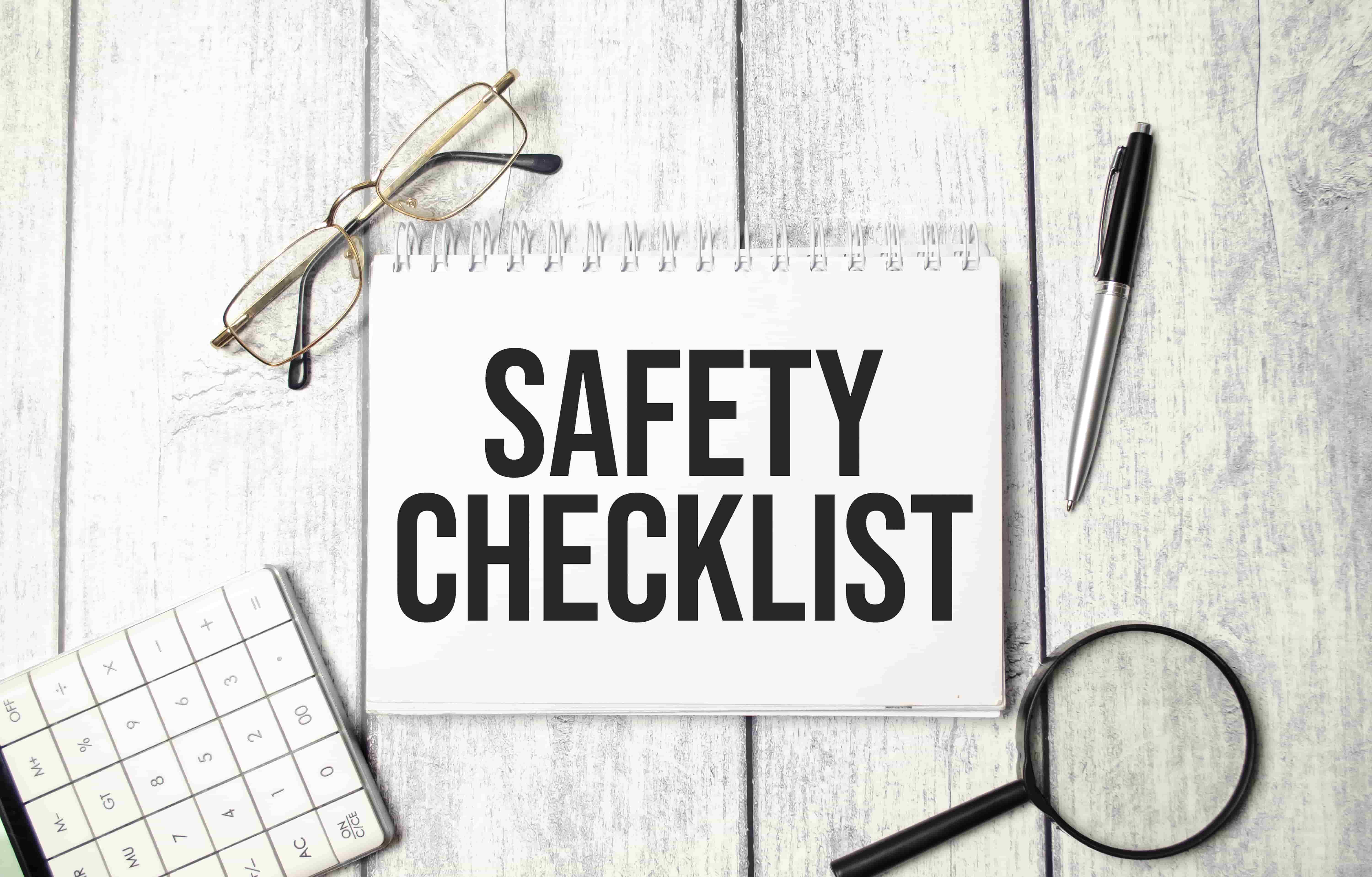
Stay Hydrated and Eat Wisely
Drink Bottled Water: Tap water in Indonesia is not safe to drink. Always opt for bottled or purified water. Check the seal before purchasing bottled water to ensure it hasn’t been tampered with.
Food Safety: Enjoy street food, but choose vendors that are busy and have a good reputation. Ensure that food is cooked thoroughly and served hot. Avoid raw or undercooked meats, seafood, and unpasteurized dairy products.
Vaccinations and Health Precautions
Vaccinations: Ensure you are up to date with routine vaccinations. Consider additional vaccines such as hepatitis A and B, typhoid, and rabies, depending on your travel itinerary. Visit a travel health clinic 4-6 weeks before your trip to get the necessary vaccinations.
Mosquito Protection: Use insect repellent, wear long sleeves and pants, and sleep under mosquito nets or in air-conditioned rooms to prevent mosquito-borne diseases like dengue fever and malaria. Consider using permethrin-treated clothing for added protection.
First Aid Kit: Carry a basic first aid kit with bandages, antiseptic wipes, pain relievers, and any personal medications. Having a small medical kit can be helpful for minor injuries and illnesses.
Travel Insurance
Comprehensive Coverage: Purchase travel insurance that covers medical expenses, trip cancellations, theft or loss of belongings, and any adventure activities you plan to undertake. Ensure your insurance covers medical evacuation, which can be crucial in remote areas.
2. Transportation Safety
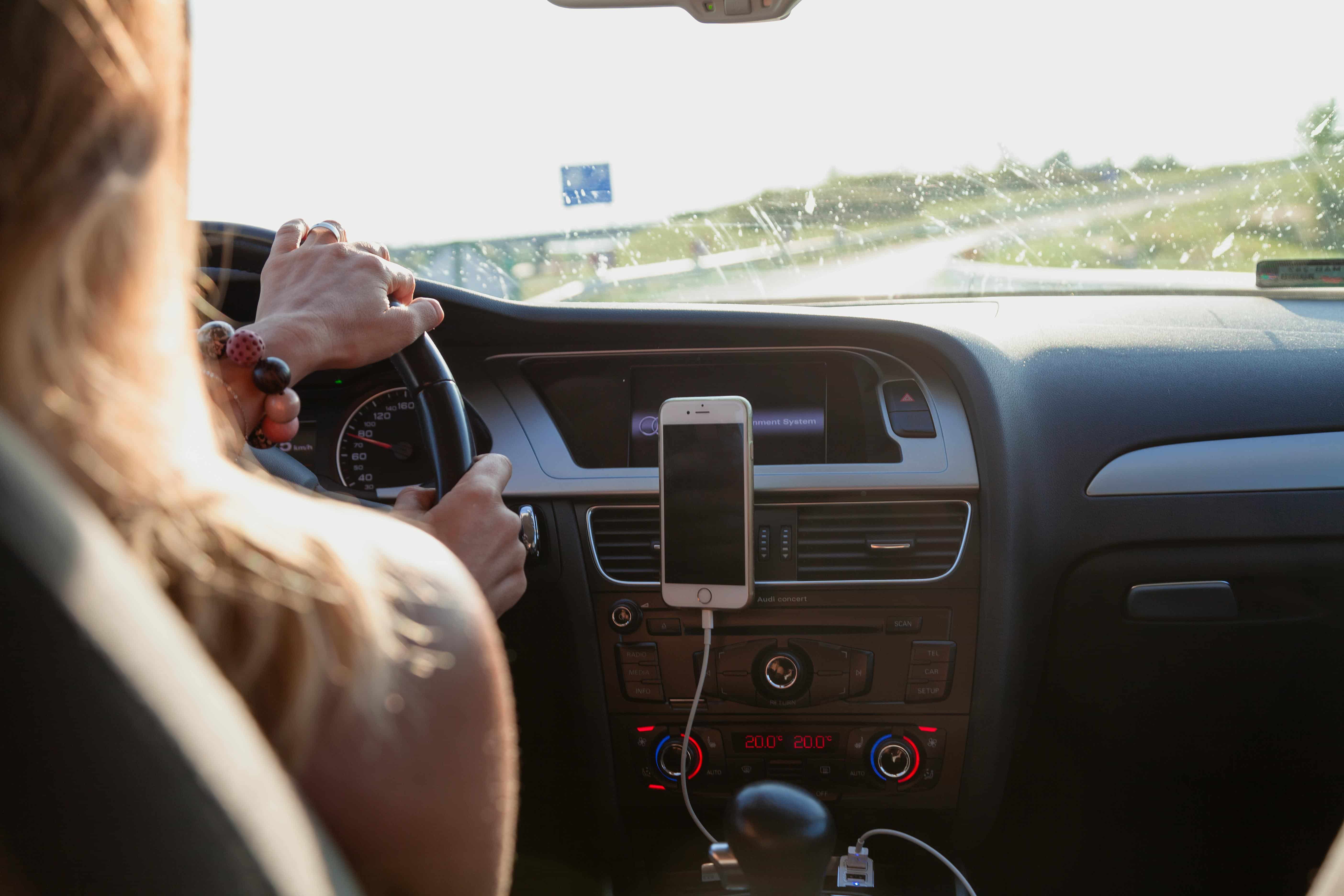
Road Safety
Driving: If you plan to drive, ensure you have an International Driving Permit and are familiar with local traffic rules. Roads can be challenging, and driving standards vary. Be cautious of motorbikes, and always wear a seatbelt.
Motorbike Rentals: Only rent motorbikes if you have experience and always wear a helmet. Many accidents involve motorbikes. Check the condition of the bike before renting, and make sure you have insurance coverage for motorbike use.
Taxis and Ride-Sharing: Use reputable taxi services like Blue Bird or ride-sharing apps like Grab and Gojek to ensure safe and fair-priced rides. Avoid unmarked or unofficial taxis, especially at night.
Public Transportation
Buses and Trains: While generally safe, always keep an eye on your belongings. Avoid overnight buses where possible, as they can be less safe. Opt for executive or first-class train tickets for added comfort and security.
Ferries and Boats: Ensure that boats and ferries have proper safety equipment. Overloading can be a problem on some routes. Check the weather forecast before taking any boat trips, as conditions can change rapidly.
Domestic Flights
Local Airlines: Indonesia has several local airlines. Research their safety records and choose reputable ones like Garuda Indonesia, which is known for its safety and service standards.
Airport Transfers: Arrange airport transfers through your hotel or a trusted service to avoid scams and ensure a safe journey from the airport to your accommodation.
3. Natural Hazards

Earthquakes and Volcanic Activity
Be Prepared: Indonesia is prone to earthquakes and volcanic eruptions. Familiarize yourself with safety procedures for earthquakes and stay updated on volcanic activity in the area. Download a reliable earthquake alert app for real-time updates.
Evacuation Plans: Know the evacuation routes and follow local authorities’ instructions during an emergency. Stay in accommodations that have clear emergency exit signs and safety protocols.
Tsunamis
Stay Informed: Pay attention to tsunami warnings, especially if you are in coastal areas. Move to higher ground immediately if you feel an earthquake. Familiarize yourself with the tsunami evacuation routes and heed any local advisories.
Wildlife and Nature
Wildlife Safety: Respect wildlife and keep a safe distance. Do not feed animals or leave food unattended. Be aware of venomous snakes and insects, and know how to deal with encounters.
Swimming and Snorkeling: Be aware of strong currents and riptides. Only swim in designated safe areas and follow local guidelines. Use a buddy system when snorkeling or diving, and always follow safety briefings.
Extreme Weather
Monsoon Season: Indonesia experiences a monsoon season from November to March. Be prepared for heavy rains and possible flooding. Keep an eye on weather forecasts and plan your activities accordingly.
4. Personal Safety and Security

Avoiding Scams and Theft
Stay Vigilant: Be cautious of scams, especially in tourist areas. Common scams include overcharging for transport, fake tours, and currency exchange frauds. Be wary of overly friendly strangers offering unsolicited help.
Secure Your Belongings: Keep valuables secure and avoid displaying expensive items. Use hotel safes for storing passports, extra cash, and other important documents. Consider using a money belt or neck pouch to keep your valuables safe.
Respect Local Customs and Laws
Dress Modestly: In conservative areas, dress modestly to respect local customs. Cover your shoulders and knees when visiting religious sites. In urban areas, dress codes are more relaxed, but it’s always better to err on the side of caution.
Drug Laws: Indonesia has strict drug laws with severe penalties. Avoid any involvement with illegal substances. Even small quantities can result in long prison sentences or the death penalty.
Cultural Sensitivity: Be respectful of local traditions and practices. Learn a few basic phrases in Bahasa Indonesia to show politeness and appreciation. Always ask for permission before taking photos of people, and respect “no photography” signs at cultural and religious sites.
Emergency Contacts
Local Embassy: Know the location and contact information of your country’s embassy or consulate in Indonesia. They can provide assistance in case of an emergency or lost travel documents.
Emergency Numbers: The general emergency number in Indonesia is 112, but it’s useful to have the contact details of local hospitals, police, and fire services.
5. Environmental Responsibility
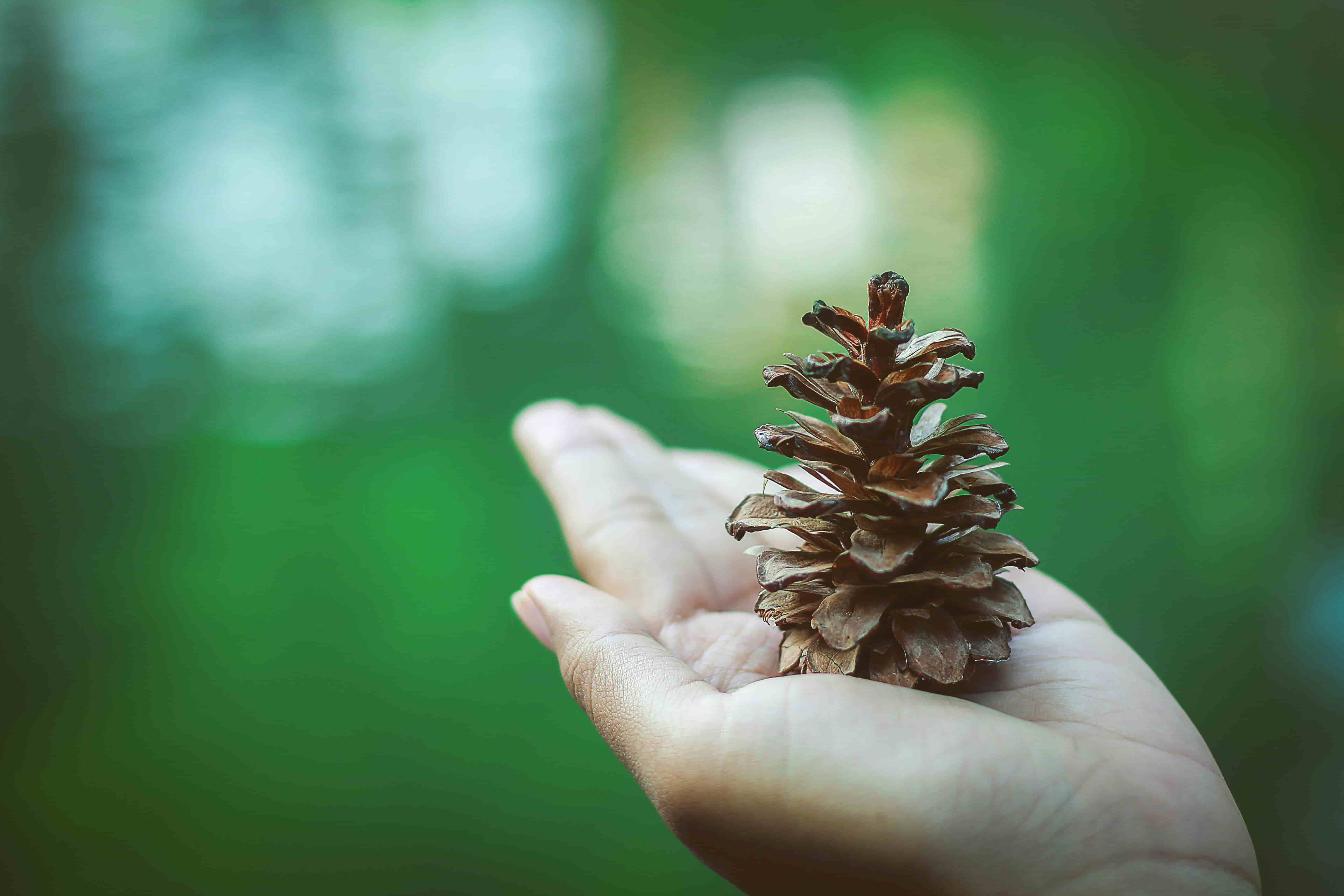
Sustainable Travel Practices
Reduce Plastic Use: Carry a reusable water bottle and avoid single-use plastics. Many areas in Indonesia are working to reduce plastic waste, and travelers can contribute to these efforts.
Respect Nature: Follow the principles of Leave No Trace. Do not litter, disturb wildlife, or remove natural objects. Participate in eco-friendly tours and activities that promote conservation.
Supporting Local Communities
Shop Locally: Buy from local markets and support small businesses. This not only helps the local economy but also provides a more authentic travel experience.
Cultural Respect: Engage with local communities respectfully and responsibly, ensuring your presence benefits rather than disrupts the local way of life. Learn about local customs and participate in community-based tourism initiatives.
6. Connectivity and Communication
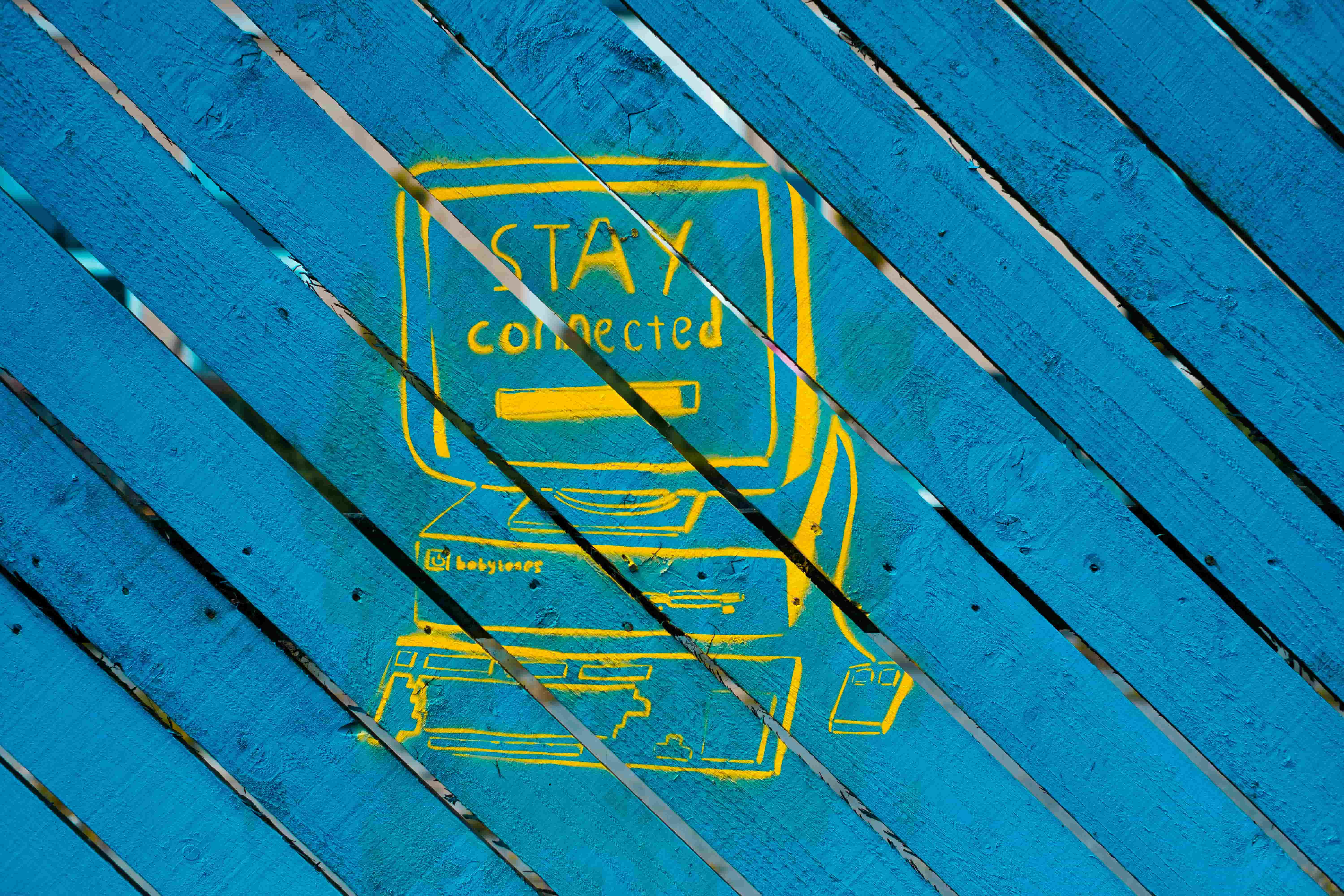
Staying Connected
SIM Cards: Purchase a local SIM card upon arrival to stay connected. Providers like Telkomsel and XL offer good coverage and data plans.
Wi-Fi: Many hotels, cafes, and restaurants offer free Wi-Fi, but the connection can be slow in remote areas. Having a local SIM card with data can be useful.
Language and Translation
Learning Basic Phrases: Learning a few basic phrases in Bahasa Indonesia can enhance your travel experience and help you navigate daily interactions more smoothly.
Translation Apps: Use translation apps like Google Translate to assist with communication. Download offline language packs in case you are in areas with limited connectivity.
7. Cultural Etiquette

Interacting with Locals
Politeness: Indonesians are generally polite and friendly. Always greet people with a smile and a “Selamat pagi” (Good morning) or “Selamat sore” (Good afternoon).
Personal Space: Indonesians may stand close during conversations, which is normal. Avoid pointing with your index finger; use your whole hand instead.
Visiting Religious Sites
Dress Appropriately: Wear modest clothing that covers your shoulders and knees. In some temples, you may need to wear a sarong or sash, which are usually provided.
Remove Shoes: Always remove your shoes before entering a mosque or temple. Follow any additional rules or guidelines provided at the entrance.
Photography Etiquette
Permission: Always ask for permission before taking photos of people, especially in rural areas and during ceremonies.
Cultural Sensitivity: Avoid taking photos in places where photography is prohibited, such as inside some temples or during certain religious ceremonies.
8. Food and Drink Safety

Eating Out
Street Food: While street food is delicious and affordable, choose vendors that are busy and have a high turnover of food, ensuring freshness and cleanliness.
Local Restaurants: Eat at restaurants that are popular with locals, as this is usually a good indicator of quality and safety.
Drinking Water
Avoid Tap Water: Tap water in Indonesia is not safe to drink. Always drink bottled or filtered water.
Ice: Be cautious with ice in drinks. In reputable restaurants and hotels, ice is usually made from filtered water, but it’s best to ask to be sure.
9. Adventure Activities
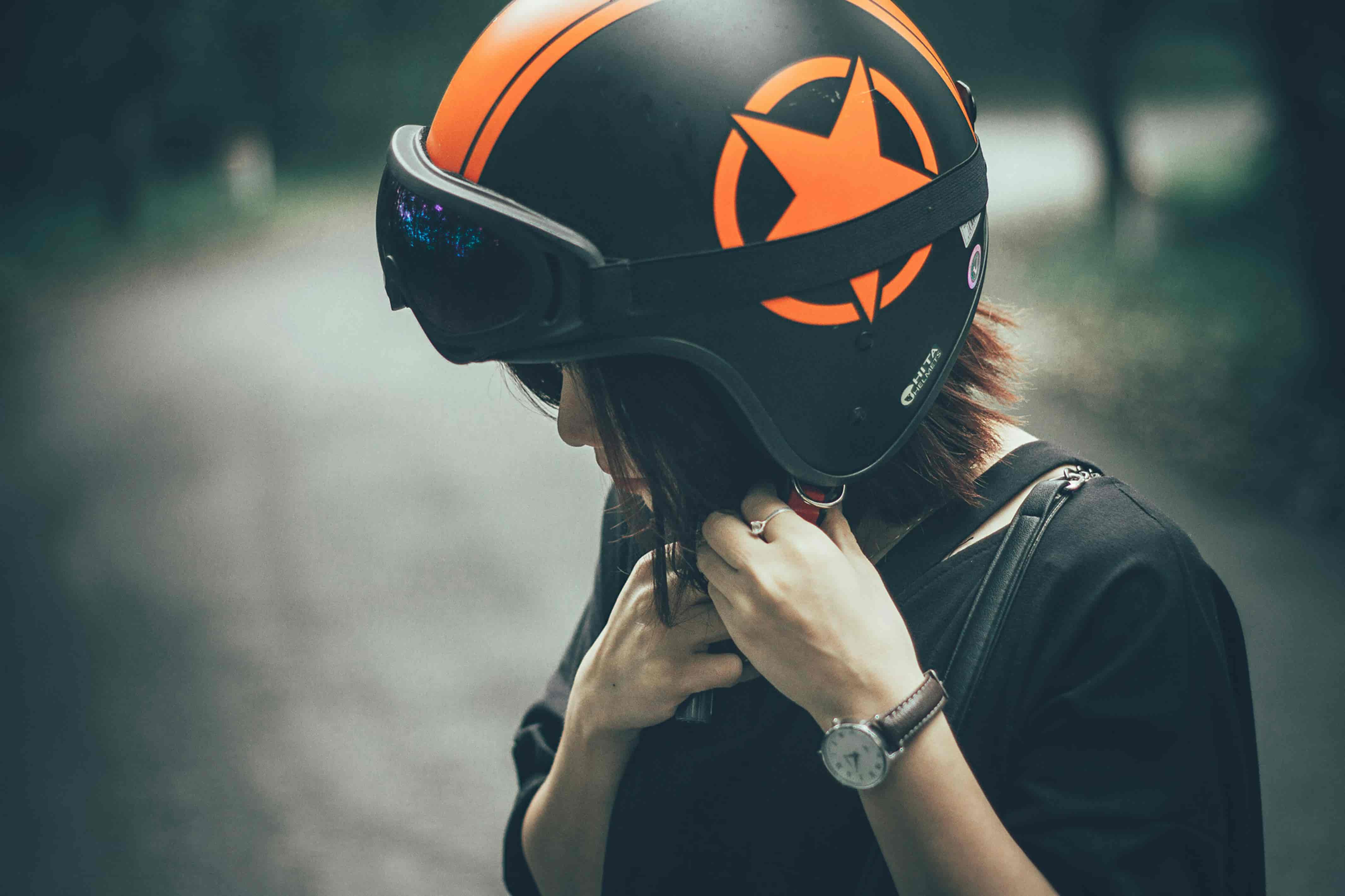
Diving and Snorkeling
Reputable Operators: Choose diving and snorkeling operators with good reviews and a focus on safety. Ensure they provide a thorough briefing and proper equipment.
Environmental Responsibility: Practice responsible diving and snorkeling by not touching or disturbing marine life and coral reefs.
Trekking and Hiking
Guided Tours: For challenging treks, such as climbing Mount Rinjani or exploring the jungles of Sumatra, hire a local guide for safety and support.
Preparation: Ensure you have the necessary permits, proper gear, and sufficient water and food supplies for your trek.
10. Money and Currency

Handling Money
Cash is King: While credit cards are accepted in many places, smaller shops and rural areas may only take cash. Carry enough cash, but keep it secure.
ATMs: Use ATMs located inside banks or malls for added security. Be aware of your surroundings and cover the keypad when entering your PIN.
Currency Exchange
Official Exchanges: Exchange money at banks or official exchange bureaus for the best rates. Avoid exchanging money at airports and hotels where rates can be less favorable.
Receipts: Keep receipts for your currency exchanges in case you need to change money back at the end of your trip.
Conclusion
Traveling in Indonesia can be a rewarding and memorable experience. By following these safety tips, you can ensure a safer and more enjoyable trip. Stay informed, respect local customs, and be mindful of your surroundings. With proper preparation and awareness, you can explore the wonders of Indonesia with confidence.
Routine vaccinations are essential. Additional vaccines such as hepatitis A and B, typhoid, and rabies may be recommended depending on your travel plans. Consult your doctor before traveling.
No, tap water in Indonesia is not safe to drink. Always use bottled or purified water for drinking and brushing your teeth.
Ferries, speedboats, and flights are common ways to travel between islands. Choose reputable companies and ensure safety standards are met.
While most areas in Indonesia are safe for travelers, some regions may have travel advisories due to political instability or natural hazards. Always check the latest travel advisories before planning your trip.
In a medical emergency, dial 112 for immediate assistance. It’s advisable to have travel insurance that covers medical emergencies and to know the location of the nearest hospital or clinic.
